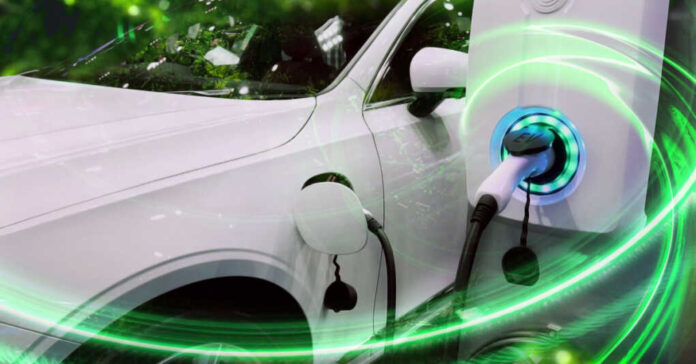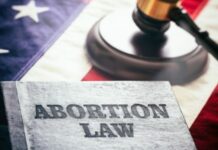
Chinese electric vehicle (EV) startup Nio has quickly become the darling and star of the EV future in China. In their latest plan, they announced their intent to build 1,000 battery swap stations in China by the end of 2023. In total, they will be operating 2,300 total facilities by the year’s end if everything goes according to plan according to Founder and Chairman William Li.
Spreading out their locations, Nio will be placing 400 of the stations along highways, and another 600 in urban areas. To stand out a bit more, the company wants to focus its efforts on what they consider third and fourth-tier cities and counties according to Li via Nio’s social media early on February 21st.
The idea of swapping battery packs was initially floated to the world’s largest EV company, Tesla. For Elon Musk and his team, the technology wasn’t worth investing in. They believed the concept was “riddled with problems and not suitable for widescale use.” Given the proprietary patents Tesla has on some of their charging stations, and battery technology, it makes sense. Yet, this is the kind of technology that many consumers would love to see on their Tesla.
One of the biggest problems in getting people to swap over to electric vehicles has been the idea of sitting at a charging station for longer than it would take to fill their tank. People on their way to work, or on a cross-country trip don’t want to wait any longer than necessary, and they need to maximize their time on the road.
For Nio, this became important after Li drove on trips into northern China and lower-tier cities in Zhejiang. He saw how much of the country was lacking in the proper technology to make this happen, and he wanted to capitalize on the need for change.
With battery swapping, customers replace dead battery packs with new ones and drive away. A simple one-for-one swap, and it’s intended to be straightforward. In this idea, people get the most out of their commute time and don’t have to worry about a bad cell. Many believe this could also help ease the congestion on the sensitive electrical grid in China. However, those improvements would only be seen if the technology really connects with the people of China.
Here in the US, many are seeing the realities of electric cars. If you are in a warm southern city that doesn’t have severe rain or freezing temperatures, they can be a terrific idea. You just need to drive locally or plan for extra time on a road trip. The battery packs are fickle, and if left plugged in too long they are incredibly susceptible to explosions. For anyone who lives rurally, drives long distances, or is in a hurry frequently, they aren’t the most convenient invention.
The force by the liberals to shove everyone on the EV bandwagon is something even Musk has recognized that just won’t happen. Admitting he would love to see sales like that, he admits the country just isn’t ready for it. Our electrical grid cannot support the load, too many Americans live too rurally for them to be feasible, and gas is unfortunately much easier to get into these places when compared to these superstations.
Nio has previously said they would love to be selling in the US and has plans to expand here by 2025. The ability to test their battery swapping in China only invited more communist influence across the US. This isn’t the company the US needs to be inviting inside our border, but President Biden would be more than happy to have the imports. Hopefully, he’s out of office before they can get established here.







